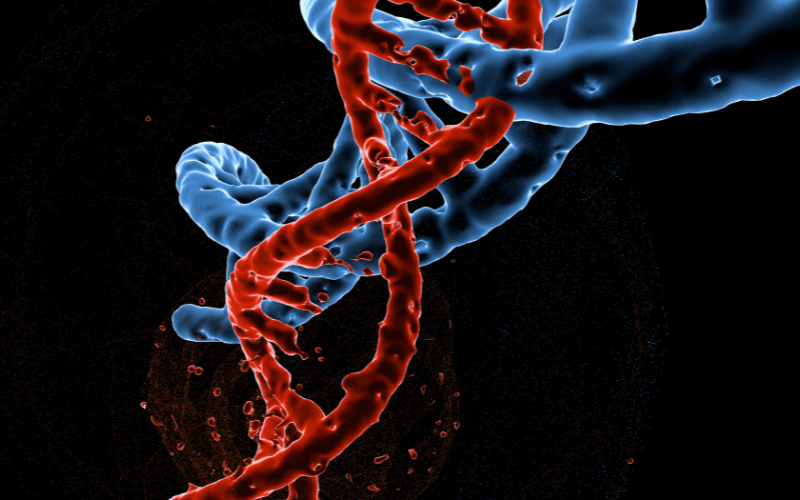4. Genetic Mutations: The Hidden Game-Changer

The frontier of cancer treatment is increasingly looking at the genetic level, and for a good reason. Genetic mutations like EGFR, ALK, and ROS1 have revolutionized the treatment landscape, specifically targeted therapies. Not all lung cancers are genetically equal, and some are more amenable to targeted treatments than others.
These genetic markers aren’t just limited to the science labs; they’ve real-world implications. For example, cancers with EGFR mutations respond remarkably well to tyrosine kinase inhibitors. This has implications not just for treatment but also for prognosis.
However, it’s also worth noting that these mutations can sometimes limit traditional treatment options. Some cancers are resistant to chemotherapy due to specific genetic mutations. These instances create treatment challenges but also opportunities for alternative therapies, affecting prognosis in a convoluted way.
Consider the research that pours into understanding these mutations. It’s a rapidly evolving field, with new findings making their way into clinical practice with growing regularity. What this means for prognosis is that it’s a moving target, influenced by scientific advancements that we might not even be aware of yet.
Genetics plays a significant role in individualizing treatment plans. With these mutations in play, treatment isn’t just a one-size-fits-all approach anymore. It’s tailored, and this tailoring of therapies impacts prognosis in significant ways. (4)